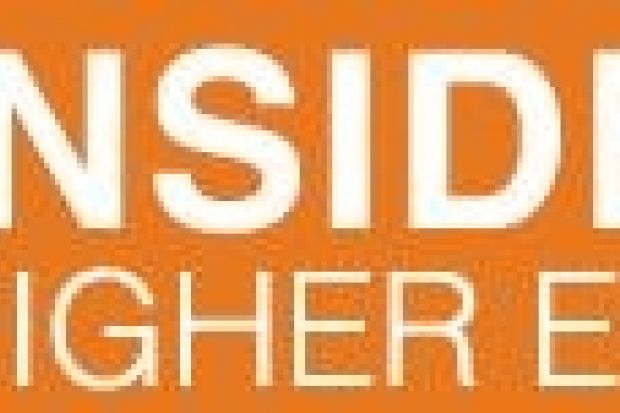The American Economic Association announced last week that it is ending “double-blind” peer review, the traditional system in the social sciences in which authors of submitted articles are not known to reviewers, nor are reviewers known to authors. Political Analysis, a key journal in political science, is making a similar shift.
Starting 1 July, the economic association’s journals – which include the most influential in economics – will go to “single-blind” reviews. (Those submitting articles will not know who their referees were.)
A statement released by the association cited issues of both technology and ethics to explain the shift. “Easy access to search engines increasingly limits the effectiveness of the double-blind process in maintaining author anonymity. Double-blind refereeing also increases administrative costs of the journals and makes it harder for referees to identify an author’s potential conflicts of interest arising, for example, from consulting,” said the statement. (The discipline of economics has faced considerable criticism in the past year for not doing enough when scholars offer analyses of industries in which they have financial ties.)
Jonathan N. Katz, co-editor-in-chief of Political Analysis and chair of humanities and social sciences at the California Institute of Technology, said in an interview that the journal would change with its next volume. He said he sees values in double-blind but that “in the age of Google, double-blind has become a fiction”. The journal did an experiment typing in the titles of 20 recently submitted papers and was able to correctly link almost all of them to authors, who post working papers, publicise talks given at meetings or present information about their research on various websites.
Flagship journals that use double-blind include American Anthropologist, American Political Science Review and American Sociological Review.
In the physical and biological sciences, many journals do not use double blind, although some have suggested that doing so could have benefits, particularly for women. A 2008 study found that when the journal Behavioral Ecology broke with the norm in ecology scholarship and introduced double-blind reviewing, the publication saw significant gains in the numbers of papers published by women.
At a 2005 meeting of the Modern Language Association where double-blind was debated, some said that it also levels the playing field for scholars at non-famous institutions, who have their ideas judged on their merits, not their institutions’ prestige.
Katz, of Political Analysis, said he valued the way double-blind could promote fairness to all authors, which, he added, was “the major concern” about a shift. But he said that “because in practice there is no more double-blind”, it is not realistic to promote the system as one that will help any group of scholars.
A 2008 editorial in the journal Nature noted the popularity of double-blind among those submitting articles, but not among editors, and defended the idea that journals should know whose submissions are being considered. “[I]dentifying authors stimulates referees to ask appropriate questions (for example, differentiating between a muddy technical explanation and poor experimental technique),” the editorial said. “Knowing author identities also makes it easier to compare the new manuscript with the authors’ previously published work, to ensure that a true advance is being reported. And knowing rather than guessing the identities of authors encourages reviewers to raise potential conflicts of interest to the editors.”
Scatterplot, a sociology blog, started debating double-blind last week, in light of the economic association’s announcement. Participants in the discussion cited fairness issues both to advocate for and to argue against double-blind. One commenter wrote: “Blind please! NSF reviewing is very prone to what I call ‘trust me bias’ where senior scholars are not called out for stuff that will kill a proposal from a neophyte.” Others debated whether reviewers currently guess (or guess accurately) who authors are.
One exchange was over whether knowledge of authors would help or hurt graduate students. One sociologist suggested it might help. “I might be more willing to give a shot to a grad student than, say, someone who has published 100 articles already,” said this participant. To which another replied: “I think egalitarian sympathies will always be swamped by awe of status.”
Register to continue
Why register?
- Registration is free and only takes a moment
- Once registered, you can read 3 articles a month
- Sign up for our newsletter
Subscribe
Or subscribe for unlimited access to:
- Unlimited access to news, views, insights & reviews
- Digital editions
- Digital access to THE’s university and college rankings analysis
Already registered or a current subscriber? Login
